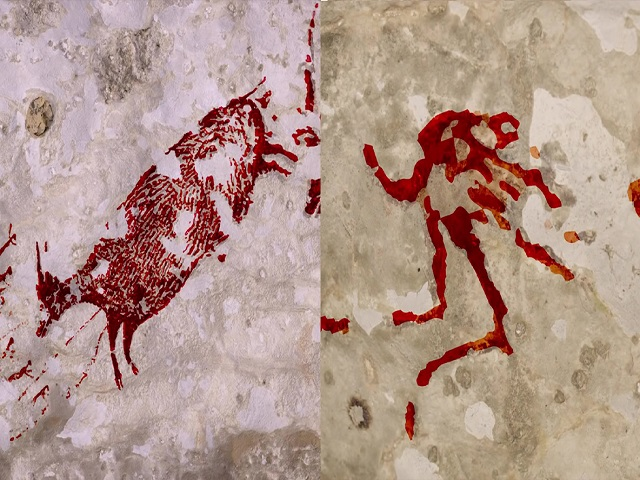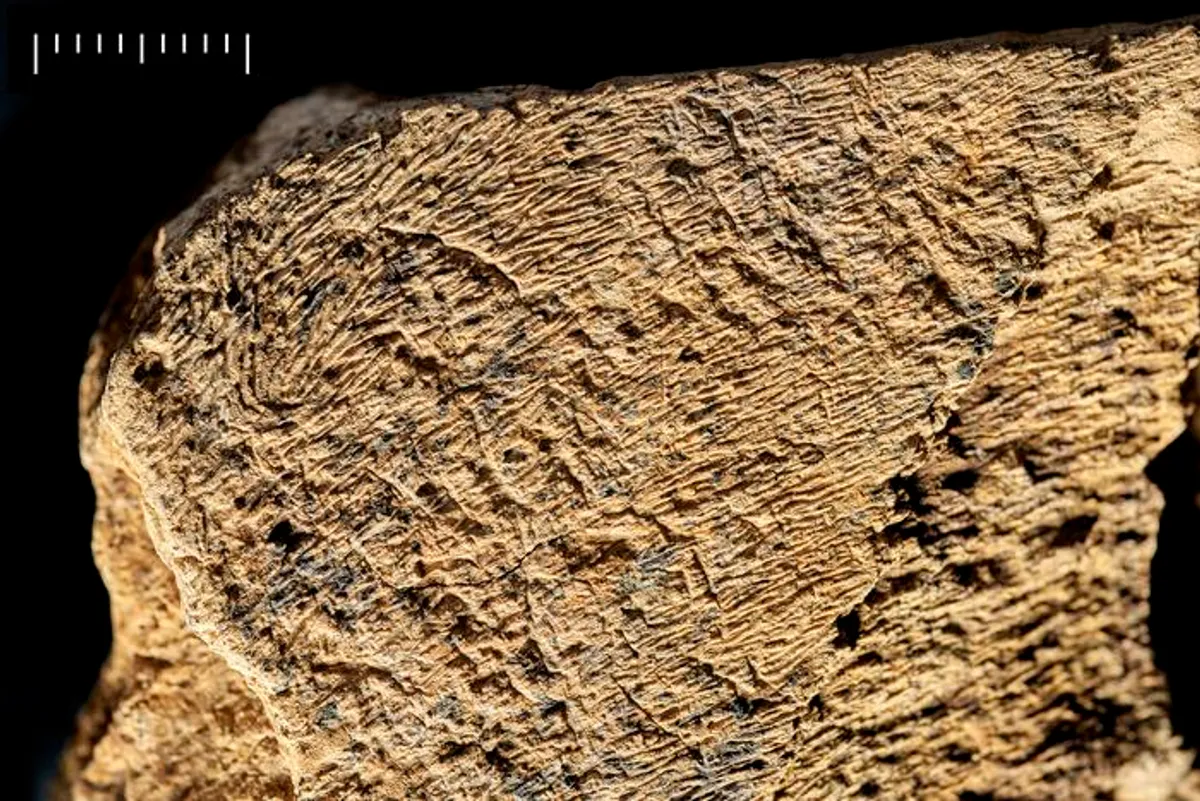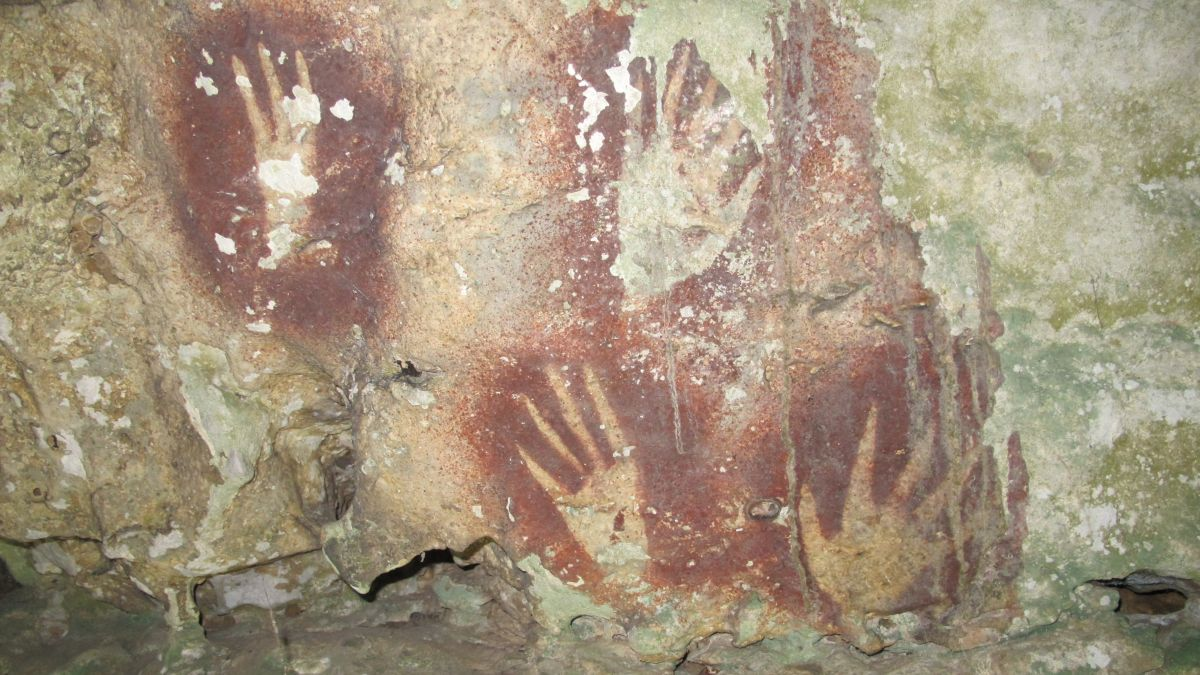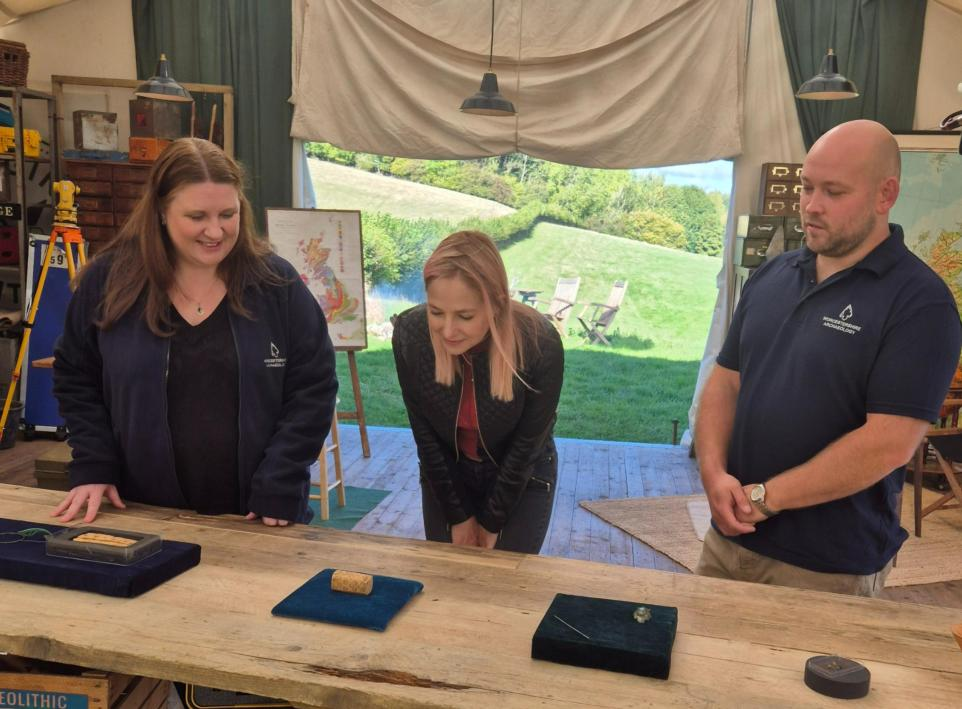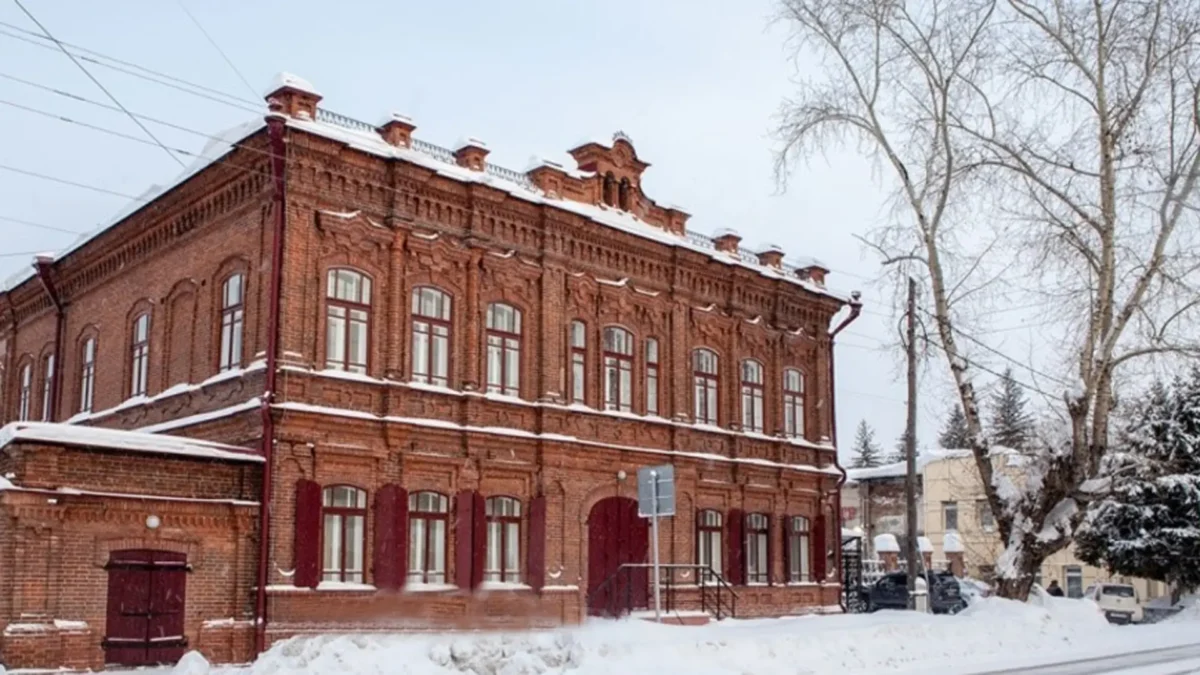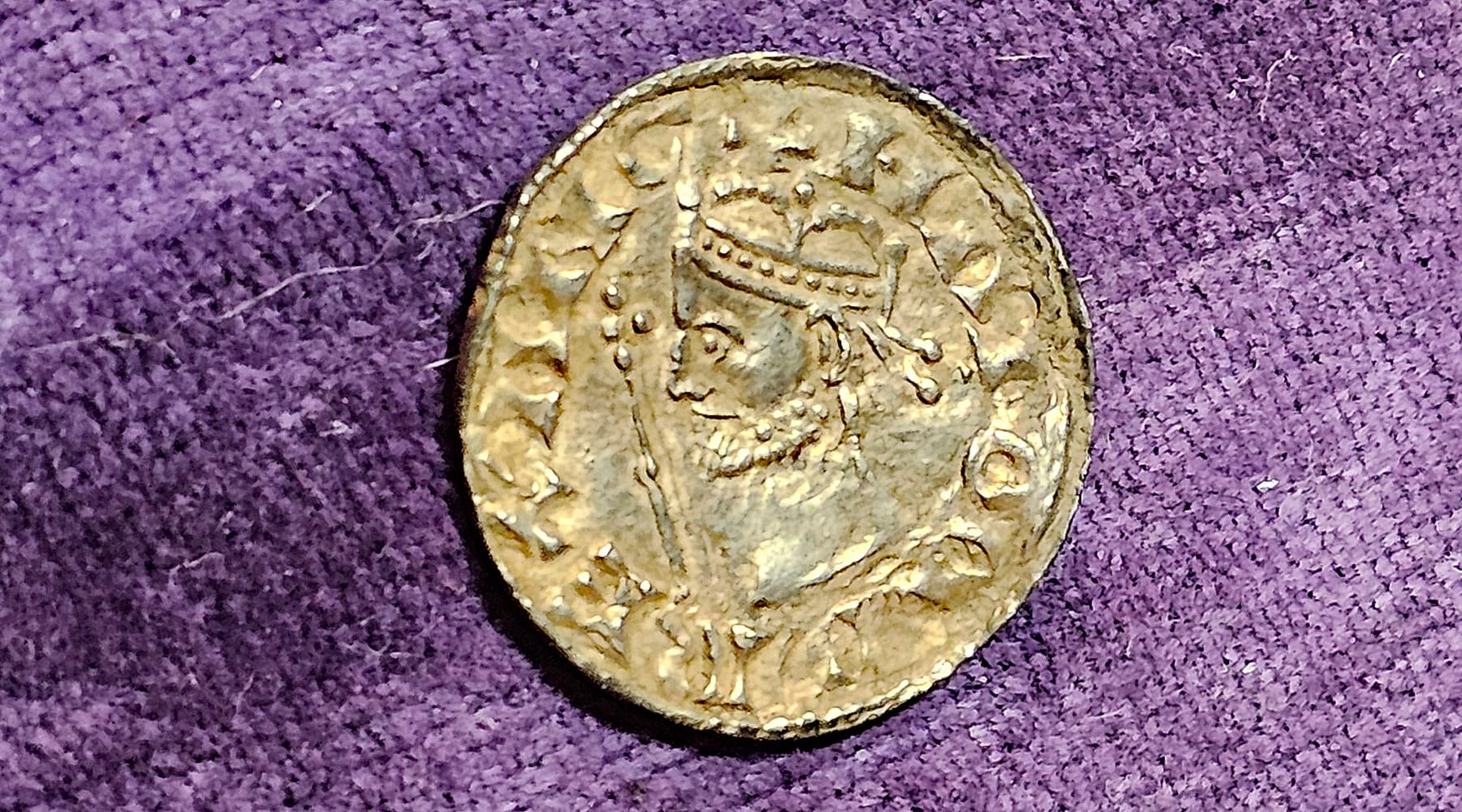The history of Alexander the Great is a vast and complex narrative that intertwines the themes of military conquest, political strategy, and cultural exchange. Born in 356 BC in Pella, the ancient capital of Macedonia, Alexander was the son of King Philip II and Queen Olympias. One of the greatest philosophers of the time, Aristotle, provided him with an education that exposed him to a variety of subjects in his early years, including philosophy, science, medicine, and literature.
Early Life and Ascension to the Throne
Alexander's father nurtured the early indications of his military prowess. He famously tamed the wild horse Bucephalus, which became his companion in numerous battles. When he was just 16, Philip II left him in charge of Macedonia while he campaigned in Byzantium, and during this time Alexander quelled a rebellion in Thrace, showcasing his skills in leadership and military tactics.
In 336 BC, Philip II was assassinated, and Alexander ascended to the throne at the age of 20. He quickly dealt with potential rivals and dissenters, securing his position as king.
Conquests and Expansion of the Empire
Alexander’s most significant and ambitious project was his conquest of the Persian Empire. In 334 BC, he crossed the Hellespont into Asia Minor (modern-day Turkey), marking the beginning of his campaign against the Persian ruler, Darius III.
Key battles and achievements
1. The Battle of Granicus (334 BC): Alexander's first significant victory against the Persian satraps.
2. Siege of Tyre (332 BC): A seven-month siege that demonstrated Alexander's strategic brilliance and determination.
3. Battle of Gaugamela (331 BC): A decisive battle where Alexander’s forces outnumbered, defeated the Persian army, and led to the downfall of Darius III.
4. Conquest of Egypt (332–331 BC): Welcomed as a liberator in Egypt, Alexander founded the city of Alexandria, which became a major center of Hellenistic culture and learning.
After the defeat of Darius III, Alexander continued eastward, extending his dominion into Central Asia and India. In 326 BC, he reached the Indus Valley, where he won a difficult battle at the Hydaspes River against King Porus.
Administration and Cultural Policies
Alexander's approach to running his vast empire was characterized by a fusion of Macedonian and regional customs. He encouraged marriages between his soldiers and local women and adopted some local customs, a policy that helped in the administration of his diverse empire.
He also promoted the spread of Greek culture throughout his empire, a process known as Hellenization. This included the founding of cities, the establishment of centers of learning, and the spread of Greek art and theater.
Final Years and Death
There were challenges on Alexander's westward return journey. He faced a series of revolts and military setbacks. In 323 BC, while planning a campaign to conquer Arabia, Alexander fell ill in Babylon and died at the age of 32. The exact cause of his death remains a subject of debate among historians, with theories ranging from malaria to poisoning.
Legacy
Alexander's death led to the fragmentation of his empire as his generals, known as the Diadochi, fought for control. Despite the division, his legacy profoundly influenced the subsequent Hellenistic world. Culturally, the spread of Hellenism impacted art, science, and philosophy. Politically, his conquests reshaped the map of the ancient world, laying the foundation for the Roman Empire and significantly influencing the course of Mediterranean history.
In sum, Alexander the Great remains a pivotal figure in history, not only for his military conquests but also for his role in the cultural and political transformation of the ancient world. His legacy continues to be studied and admired for its impact on the course of history.


